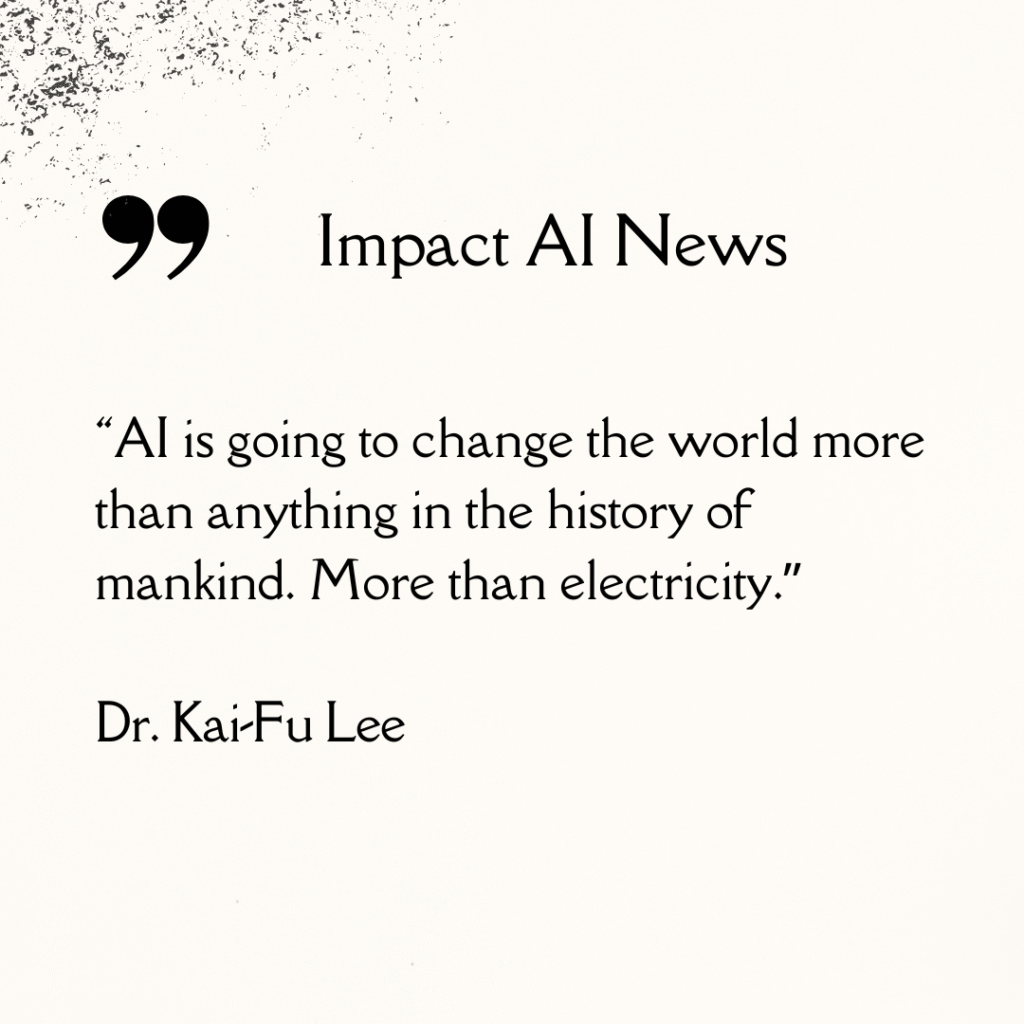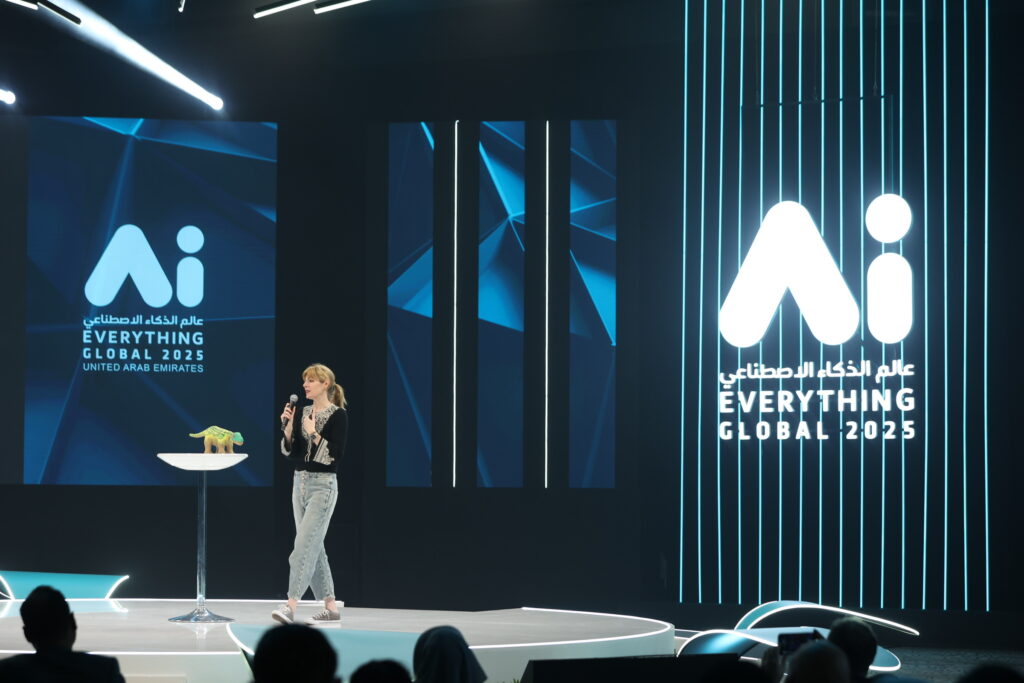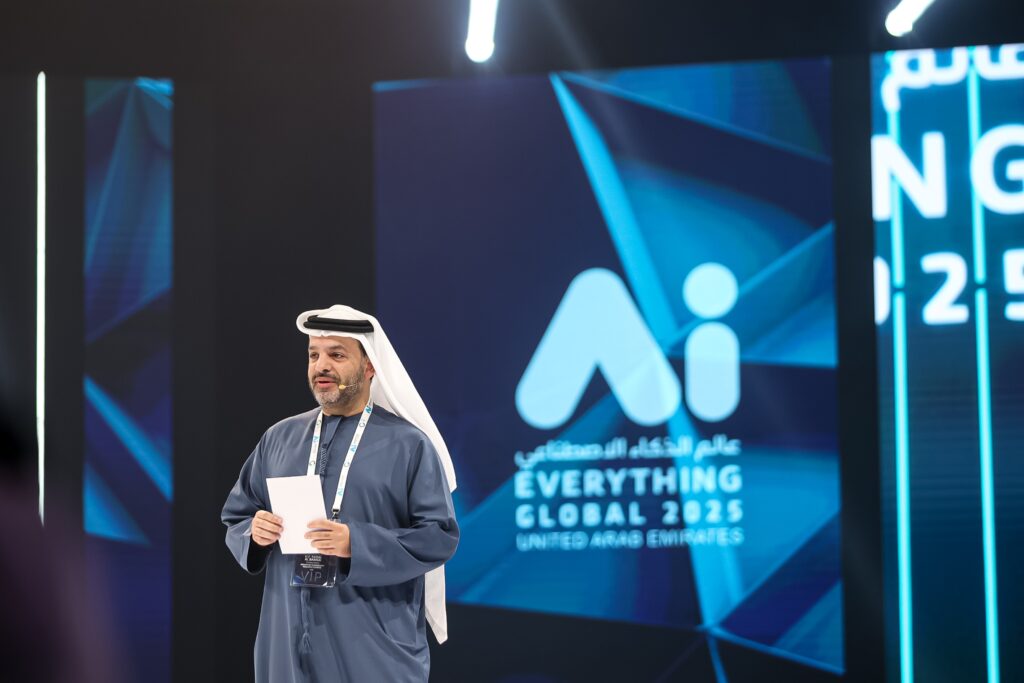
Global – The landscape of artificial intelligence (AI) is evolving at an unprecedented pace, reshaping industries and redefining business strategies. This year, global spending on AI technologies is projected to soar, with the generative AI market expected to reach $425 billion by 2030. This explosive growth signals a clear shift from experimental phases to mainstream adoption, with businesses recognizing the transformative potential that AI offers.
Current trends indicate that by the end of 2025, approximately one in three companies will allocate over $25 million to AI initiatives. This is particularly evident in leading markets such as Japan, Singapore, and the USA, where technological advancements and a strong appetite for innovation converge.
The AI market is substantial and rapidly expanding, with its global size estimated at around $757.58 billion in 2025, forecasted to soar to nearly $3.68 trillion by 2034, growing at a compound annual growth rate (CAGR) of about 19.2% over this period.
Generative AI, a subset of AI focused on creating content, is rapidly growing with a market size of about $37.9 billion in 2025, expected to exceed $1 trillion by 2034, expanding at a CAGR of 44.2%. This technology drives innovation in automation, creative content generation, and workflow modernization, especially in North America.
Such financial commitment underscores the critical role that AI will play in driving competitive advantage and operational efficiency in the years to come.
AI adoption has transcended mere pilot programs; nearly 80% of organizations are now implementing AI across multiple business functions. This shift illustrates a growing understanding among leaders that AI is not just a tool for automation but a strategic asset capable of transforming core operations, enhancing decision-making, and improving customer experiences. Businesses are leveraging machine learning, natural language processing, and predictive analytics to unlock new insights, streamline workflows, and stay ahead of the competition.
Businesses adopting AI report significant productivity improvements and cost savings. Early adopters of generative AI tools see up to 2.4 times greater productivity and 13% cost reductions. AI enables better operational visibility, capital allocation, and decision-making.
Around 58% of businesses plan to increase AI investments in 2025, with larger organizations showing even higher commitment. About 31% plan to hire AI experts, reflecting the growing demand for AI skills. North America leads in market share and innovation, driven by tech giants like Google, Microsoft, Amazon, and Meta.
The implications of widespread AI adoption are profound, affecting sectors ranging from healthcare to manufacturing. In healthcare, for instance, AI is being utilized to improve diagnostics, personalize treatment plans, and optimize operational efficiency. This results not only in better patient outcomes but also in significant cost savings for healthcare providers. In manufacturing, AI-driven automation and predictive maintenance are reducing downtime and driving productivity, allowing companies to respond swiftly to changing market demands.
Moreover, as AI capabilities evolve, we are witnessing the emergence of innovative applications that were previously thought to be the domain of science fiction. Generative AI, for instance, is paving the way for advanced content creation, enabling businesses to engage customers with tailored marketing materials and dynamic visual content. This not only enhances customer engagement but also frees up creative resources for more strategic initiatives.
However, with these opportunities come challenges. Organizations must navigate ethical considerations, data privacy issues, and the need for a skilled workforce adept at leveraging AI technologies. The biggest barrier to AI adoption is the lack of expertise, cited by 43% of businesses. Integrating AI into existing systems poses another significant challenge, affecting 38% of companies.
The race to harness AI’s potential also raises important questions about accountability and bias in AI models. Therefore, businesses must implement robust governance frameworks and transparently communicate their AI strategies to build trust with stakeholders.
Concerns over data privacy and security risks affect 29% of organizations, especially as AI systems handle increasingly sensitive information. Many firms face difficulties in embedding AI into legacy systems and workflows, which can slow down adoption and reduce potential benefits.
The road to AI transformation by 2025 is paved with both exciting opportunities and significant challenges. As companies across the globe invest heavily in AI, they not only drive innovation but also reshape the competitive landscape of their respective industries. By prioritizing responsible AI practices and fostering a culture of continuous learning and adaptation, organizations can position themselves for success in this new era. The journey may be complex, but the potential rewards make it worthwhile. The future is bright for businesses that embrace AI as a catalyst for growth and transformation.
Stay ahead in the world of AI, business, and technology by visiting Impact Newswire for the latest news and insights that drive global change.























